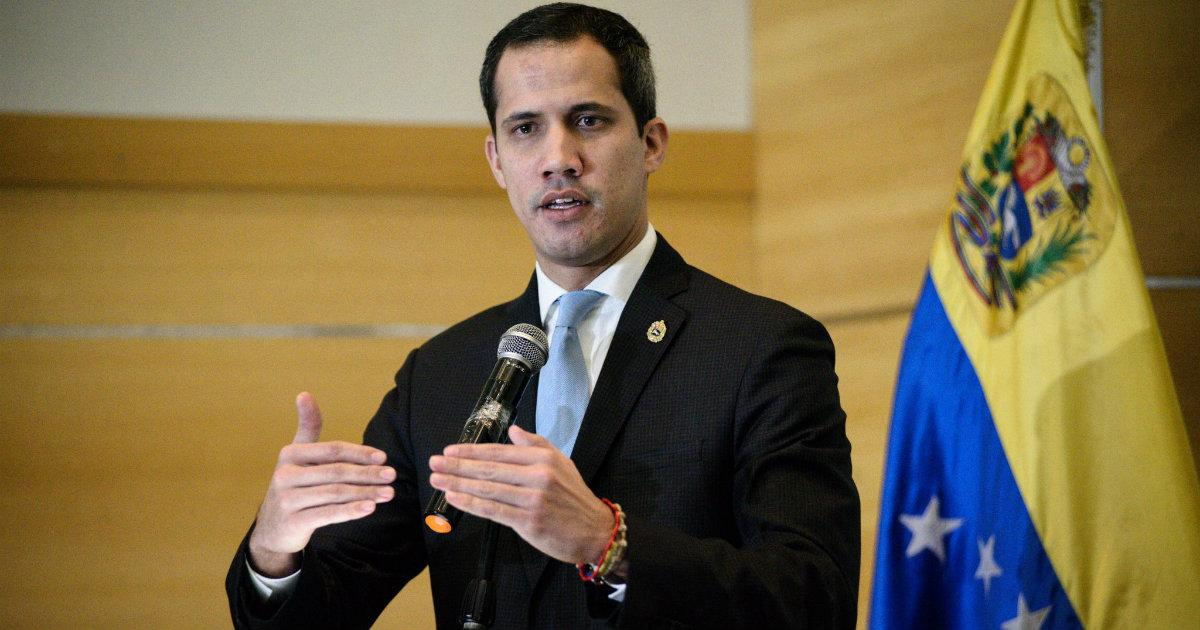
The National Assembly of Venezuela approved the dissolution of the interim government of opposition leader Juan Guaidó, who in 2019 achieved the recognition of more than fifty countries as president in charge of the oil nation.
In a session on Friday, The Parliament elected in 2015 ended the government as of January 5, with 72 votes in favor, 29 against and eight abstentions, a decision with which Guaidó would cease to be the main face of the opposition to President Nicolás Maduro.
The parties Primero Justicia (PJ), Acción Democrástica (AD) and Un Nuevo Tiempo (UNT) led the proposal to end the interim term, which in four years would have had no impact against the chavista regime.
The opposition majority launched strong statements that showed their fractures and argued that "the interim did not meet its objectives."
However, it was decided to maintain Parliament to "protect" assets abroad and continue "fighting" against the Chavista regime.
The decision hits the strategy supported by the United States and most Latin American and European countries over the last four years to promote Maduro's departure. With it I also begin a new stage as the 2024 presidential elections approach in the South American nation.
Guaidó warned that the dissolution of the interim government will favor the Maduro dictatorship and predicted a 2023 "that calls all of us in the democratic alternative to deep reflection and to rebuild unity," he published on Twitter.
He explained that eliminating the interim would entail the risk of allowing Maduro to regain control of Venezuelan resources blocked abroad by the sanctions imposed on his regime.
The United States reiterated its support for the opposition through Brian Nichols, Undersecretary of State for Western Hemisphere Affairs, who announced that the White House will follow the "indications" of the Venezuelan opposition in this new stage.
The opposition leader had taken over as acting president on January 23, 2019 after the 2018 presidential elections in which Maduro claimed victory despite several fraud allegations, persecution and irregularities in the elections.
"We must return to the Constitution, you cannot destroy a constitutional figure while being able to preserve it, beyond Juan Guaidó. The powers of article 233 generated from the power vacuum caused by the dictatorship must continue to be assumed on the ground," said Guaidó. on the social network.
At the beginning of the interim government, the opposition leader achieved broad international support.
However, this support has cooled and although Washington maintains its formal recognition, it has negotiated on several occasions with Nicolás Maduro and excluded Guaidó from the Summit of the Americas, weakening the interim.
What do you think?
SEE COMMENTS (1)Filed in: